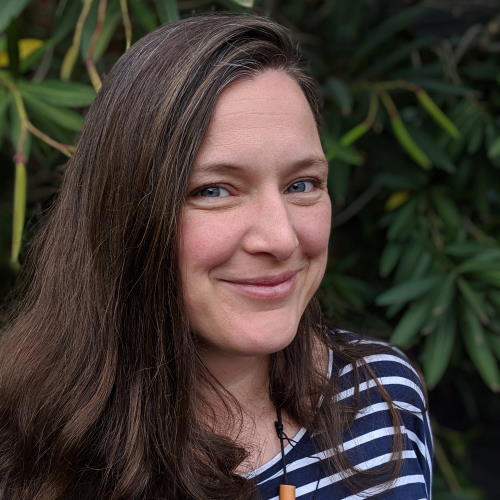Tell us about your current research project.
This project focuses on two innate cell types. Firstly, neutrophil granulocytes, which are the most abundant cell population in human blood. Neutrophils have multiple functions, one of which is to spit out their DNA in form of a NET (neutrophil extracellular trap) that is normally used to capture and trap bacteria but can in inflammatory situations like in MS relapses damage the body’s own tissue. Secondly, dendritic cells, which can moderate and direct the effects of B and T cells. By using a laboratory model of MS, we will investigate these different cell populations, their appearance and function in MS. We also plan to translate our findings, so they are relevant to people with MS, by correlating inflammatory and suppressive immune cell profiles found in the laboratory model with profiles generated from blood samples of people with and without MS.
